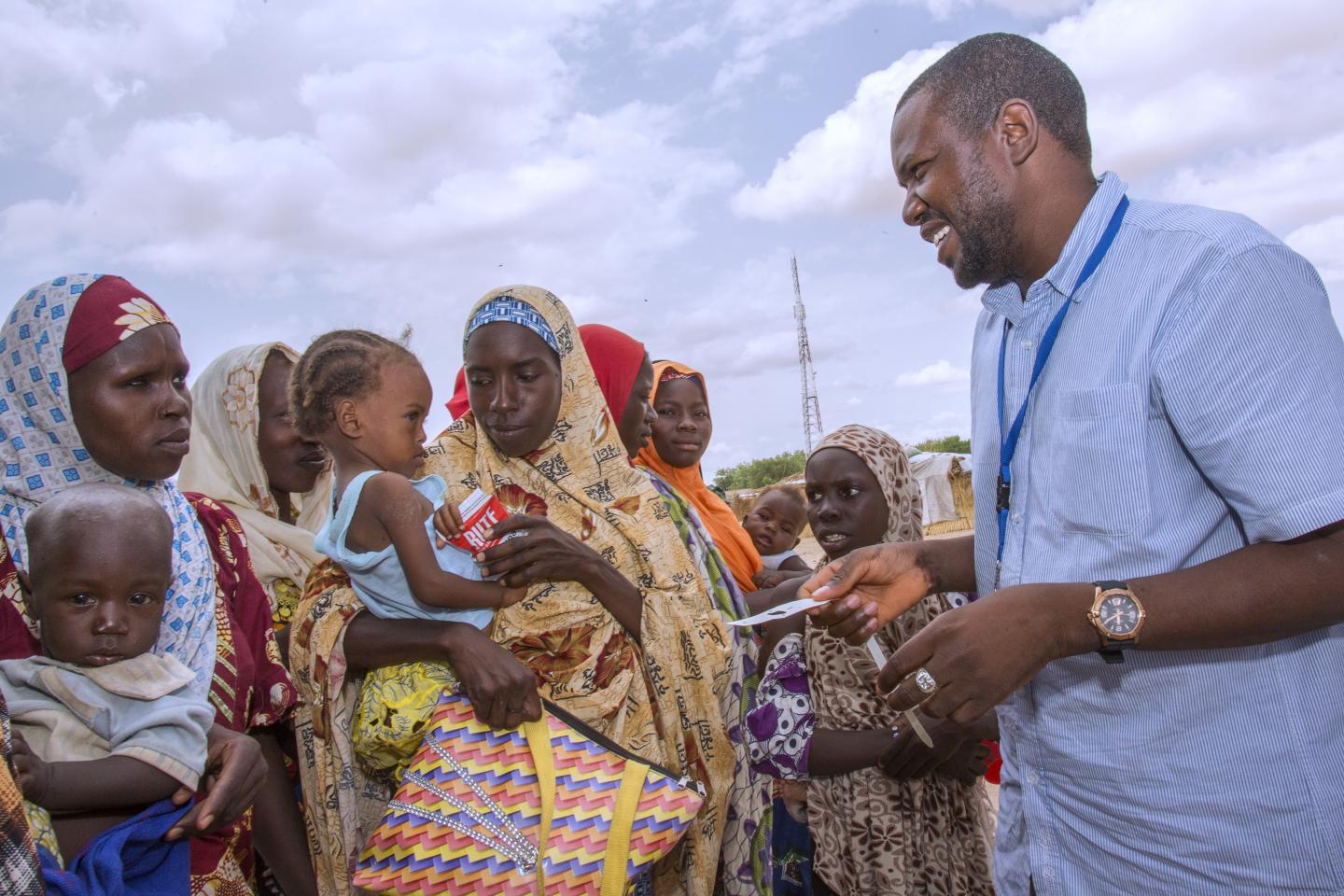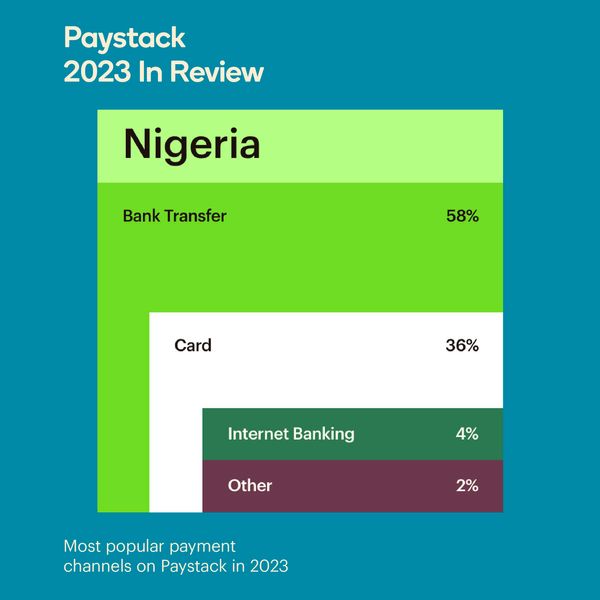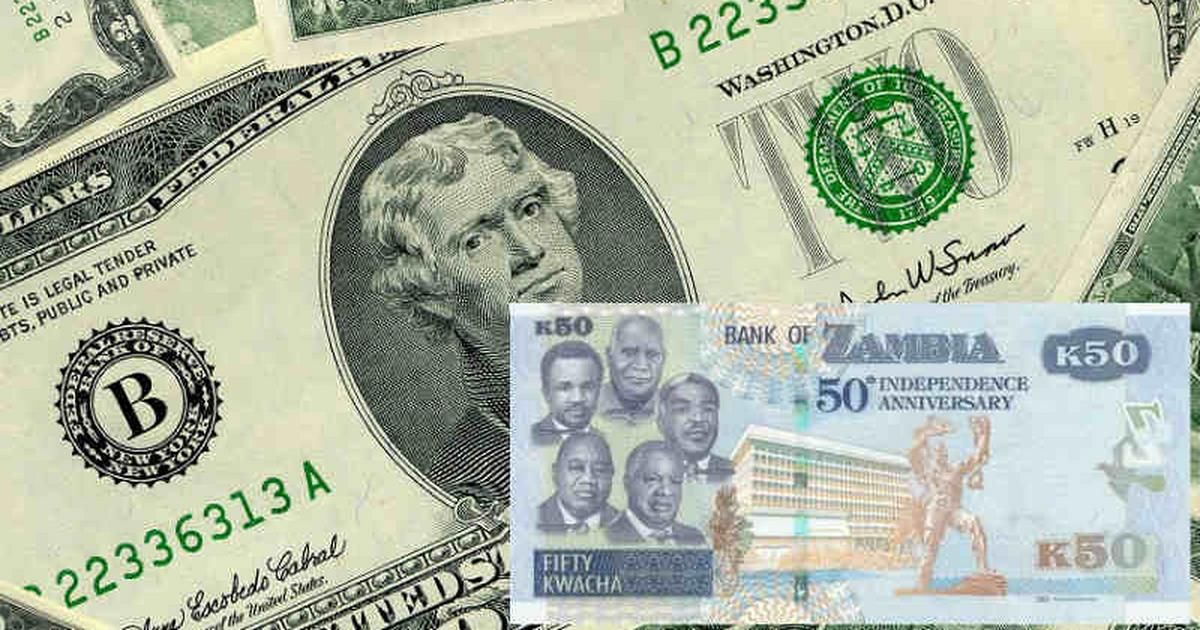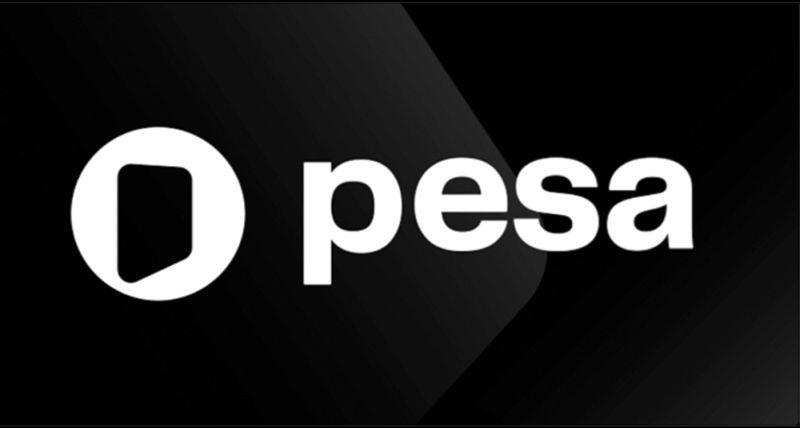To get grants, you must demonstrate to grantmakers that your organisation is capable of maximising the good that the grant money can do. Here are a few guidelines to follow during and before the call for proposals to ensure your success in securing funding.
Understand the call for proposals: Ensure that you are eligible to apply for the grant; otherwise, you will be wasting both your time and the donor's, as the donor will not review your submission, regardless of its quality. Understand the donor's area of interest and match your project with it; you can also look up previously supported initiatives on the donor's website. For example, submitting a proposal on Water, Sanitation, and Hygiene to a funder focused on democracy and good governance will be a mismatch.
Conduct research on your suggested project: By researching your planned project, you will become more knowledgeable and will be able to present your idea using data-driven situational analysis. There is a possibility that your project concept is existent elsewhere; bring it back to the region in which you intend to implement it and determine what works for your area. The research will enable you to identify potential roadblocks and assess the likelihood of implementation. Depending on the nature of your planned project, it may be beneficial to gain field experience before creating your project to gain a sense of realism and eliminates the possibility of becoming stranded during the project's implementation.

Maintain a checklist: Developing a proposal entails collaboration between many divisions. Typically, proposal preparation entails brainstorming, project design, work planning, and budget preparation. To not miss some steps during the process, a checklist is critical. Having a list will also help you estimate the time required to create your proposal, saving you the trouble of submitting it a few minutes before the deadline.
Consider the future: When writing a proposal, consider that selection and funding are not always immediate; they may take several months. Knowing this enables you to be futuristic and make a proper budget and project provisions.
After preparing a grant-winning proposal, you must also demonstrate to the donor that your organisation is viable and capable of carrying out the requested project. The concept of due diligence comes into play, and due diligence is a systematic and purposeful attempt to present your organisation in the best possible light.
- Ensure that you are legally registered and compliant.
- Establish bank accounts in the legal name of your organisation.
- Create and apply your organisation's organisational chart.
- Maintain an up-to-date list of employees and volunteers.
- Create and implement policies that apply to your organisation, such as a human resources manual, finance policy, procurement manual, nondiscrimination and anti-harassment policy, and data protection policy.
- Prepare and audit your annual financial accounts.
- Process your tax clearance certificate on an annual basis.
- Document milestones and other noteworthy events that affect your organisation.
- Maintain a monthly and annual report that summarises your organisation's activities.
- Create a convenient database for frequently asked questions about grant applications: Over time, you'll notice that grantmakers frequently ask similar questions, particularly about due diligence; it'll be beneficial to compile these inquiries and your responses. This database will provide you with a foundation for responding to inquiries and save you time on your next grant application.










